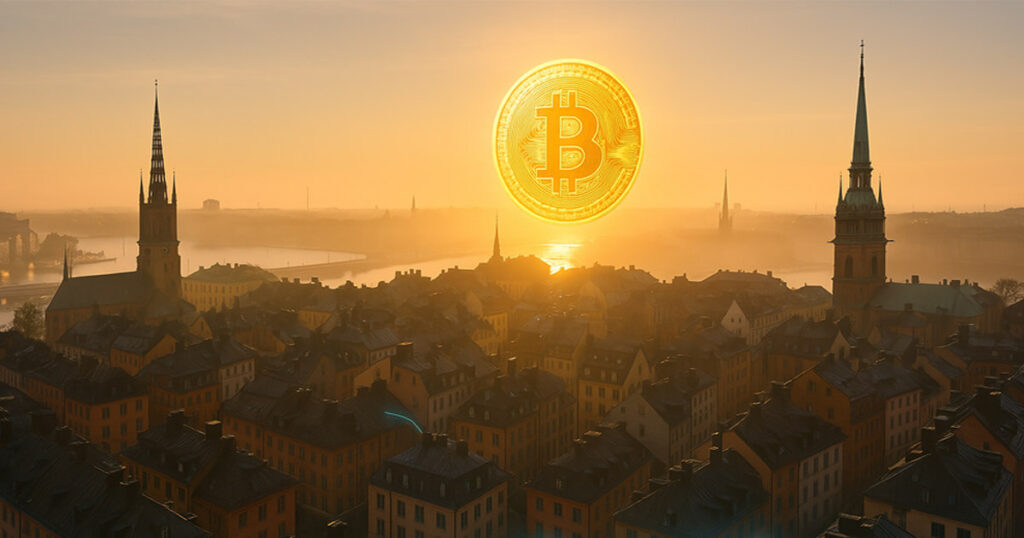Swedish Member of Parliament Rickard Nordin has recently raised a thought-provoking question to the government regarding the possibility of adding Bitcoin (BTC) to the country’s foreign currency reserves. This inquiry, directed towards Finance Minister Elisabeth Svantesson, highlights the growing international discourse surrounding the role of digital assets in national financial strategies.
Nordin draws attention to the United States, where there have been discussions at both state and federal levels about the potential of holding Bitcoin as a strategic reserve asset, much like gold, especially in light of increasing geopolitical and economic uncertainties.
In his official written inquiry, Nordin emphasizes that Bitcoin shares similar monetary properties with gold and is already being utilized worldwide as a payment method and a safeguard against hyperinflation. Furthermore, he underscores the significance of Bitcoin for individuals living under authoritarian regimes, providing them with a means to safeguard and transfer value beyond government control.
Rather than proposing direct purchases of Bitcoin, Nordin suggests a budget-neutral approach by recommending the retention of Bitcoin confiscated by Swedish authorities, such as the Customs Service or police, instead of selling it off. He pointed out the example of the US, where federal agencies have amassed substantial holdings through asset seizures without utilizing taxpayer funds for acquiring the digital currency.
Currently, the Sveriges Riksbank maintains a conservative reserve portfolio primarily consisting of foreign currencies and gold. Nordin urges the government to reassess this strategy in light of the evolving landscape of global financial instruments.
The government’s response to Nordin’s inquiry, officially registered as 2024/25:997, is expected by April 16. As of now, there has been no indication from the government regarding whether they will consider expanding the Riksbank’s mandate to include Bitcoin in its reserves. The Finance Ministry has refrained from commenting on the matter at this time.
Sweden’s contemplation of incorporating Bitcoin into its reserves aligns with the broader international discussions surrounding the integration of decentralized digital assets into sovereign monetary planning. While countries like El Salvador have already embraced Bitcoin as legal tender and integrated it into their reserves, more advanced economies have predominantly viewed it as a speculative asset.
Nordin’s proposal presents an opportunity for Sweden to explore a middle ground, utilizing confiscated digital assets as a strategic hedge without making direct financial investments. This approach could pave the way for a nuanced and cautious adoption of Bitcoin within the country’s financial framework.

